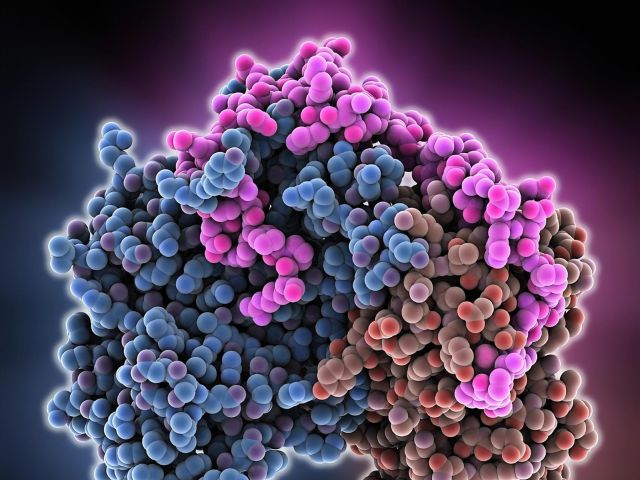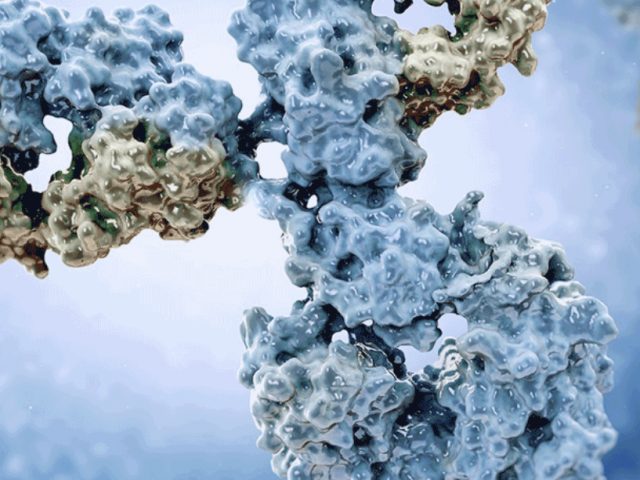Reich Lab
The Reich Lab is interested in understanding enzyme mechanisms and regulation. Because the focus is on biomedically relevant enzymes, the long the term goal is to identify therapeutic approaches. Because the targeted enzymes play critical roles in bacterial and human biology, these therapeutic approaches focus on the development of antibiotics and cancer biology. In particular, our interest is in enzymes that are essential for controlling epigenetic processes. We are also working to develop new chemical biology tools; our current focus is on light controlled delivery of proteins into human cells for basic research and small molecule discovery.
Epigenetic Enzymes
DNA methylation, histone modification, and non-coding RNA define the epigenetic landscape, which we study with the goal of developing sufficient mechanistic understanding to develop new therapeutic approaches. Our primary focus, DNA methylation, is a key epigenetic driver of transcriptional regulation. These DNA modifying enzymes exploit novel recognition mechanisms which can serve as a basis of innovative therapeutic approaches.
Pages for Epigenetics
Chemical Biology Tools
Tracking individual proteins in living cells provides information of key biomedical relevance. Past methods, including the Nobel prizing work by of Roger Tsien and colleagues, rely on fusion proteins and sophisticated recombinant DNA methods. We are developing the next generation methods that use hollow gold nanoparticles to deliver dye-labeled proteins without any need for fusions or recombinant methods. We are using this approach to address how protein-protein interactions act within cells and to develop small molecules to interfere with these interactions.




